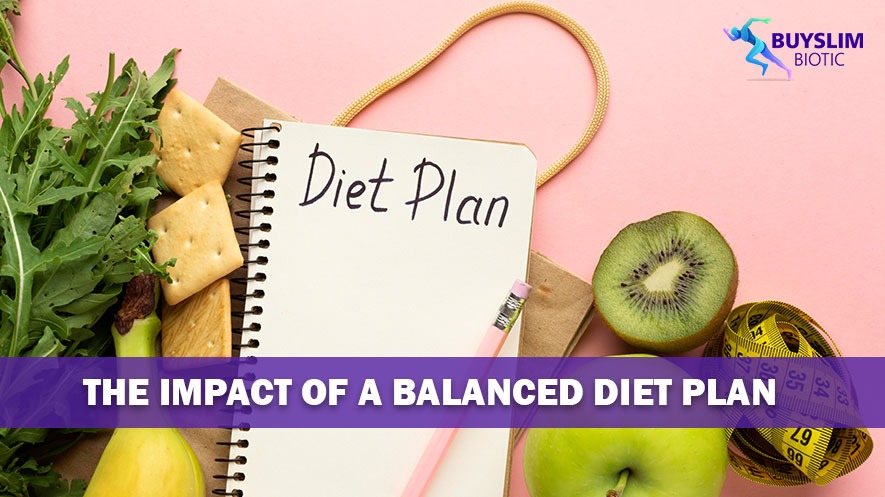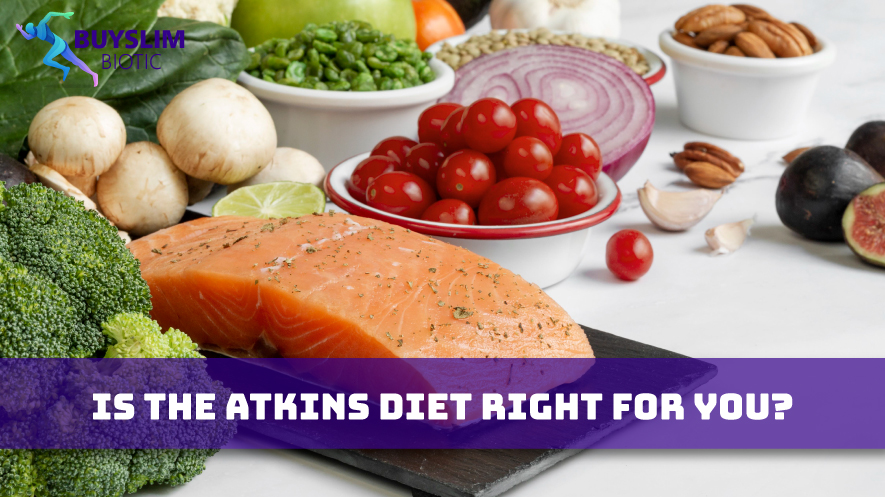A healthy diet Plan protects against malnutrition, reduces the risk of non-communicable diseases, and improves life expectancy. A healthy diet includes fruits, vegetables, low-fat dairy, and whole grains with limited levels of saturated fat, trans fats, sodium, and sugar.
Aim for 5 portions of a variety of fruit and vegetables each day. This can include fresh, frozen, canned, or dried foods.
Weight Management
Eating a balanced diet reduces your risk of developing obesity, as well as other health conditions such as Type 2 diabetes, heart disease, and cancer. It also boosts your immune system, regulates growth functions, and helps you heal from injuries and illnesses.
A balanced meal plan includes foods from all the major food groups. These include carbohydrates, proteins, fats or lipids, and minerals and vitamins. Carbohydrates provide energy and should make up about 50% to 60% of your total calorie intake. Proteins build muscles and help your body function properly. Fats are necessary for good health and should form about 10% to 30% of your calorie intake. Minerals and vitamins are also important for your health. Minerals help the body release energy from foods, help control blood pressure, and reduce your cholesterol levels.
Choosing the right combination of food from these groups can be challenging, and many people struggle to maintain healthy eating habits for the long term. Many of these challenges are related to the way we perceive food and how it is used in our daily lives. Changing these perceptions can be difficult, but a person needs to maintain a healthy weight and prevent chronic health conditions.
Creating a meal plan can help you meet your nutrition goals and avoid yo-yo dieting. While a balanced diet looks different for every individual, there are some basic principles that everyone should follow. Meal planning involves planning ahead, making a list, shopping strategically, and preparing meals at home rather than going out or ordering in. This can save time and money, and it also means you will be able to choose healthier options.

Blood Pressure Control
A healthy diet is essential for controlling high blood pressure. Studies show that a balanced diet can reduce or eliminate the need for blood pressure medication in some individuals. Diet is a key element in managing and preventing high blood pressure, which is linked to many other health conditions such as heart disease, stroke, and kidney disease.
A balanced diet consists of whole foods that provide the body with all of the necessary nutrients to keep blood pressure normal. This includes a healthy balance of carbohydrates, fiber, protein, and fats. It also includes adequate water, which is important for hydration and to help with digestion. In addition to a balanced diet, other key factors in controlling high blood pressure include limiting salt and sugar, getting enough exercise, staying at a healthy weight, and not smoking.
Blood pressure is a measurement of the pressure in your arteries as blood leaves your heart and travels throughout your body. Your blood pressure is recorded as two numbers: systolic and diastolic. Systolic is the pressure when your heart is pumping blood out, while diastolic is the pressure when your heart relaxes between beats.
High blood pressure is a leading cause of death and it is estimated that over half of the American population has high blood pressure. The good news is that you can control your blood pressure with a change in your diet. Studies have shown that following a dietary pattern such as the DASH (Dietary Approaches to Stop Hypertension) eating plan, losing weight, and increasing your aerobic fitness can significantly reduce or eliminate the need for blood pressure medications.
DASH diets limit sodium and encourage the consumption of fruits, vegetables, low-fat dairy products, and lean meats. They are also rich in potassium, magnesium, and calcium which can lower blood pressure. These diets have been studied in multiple randomized controlled trials and are associated with significant reductions in both systolic and diastolic blood pressure in both normotensives and those with hypertension.
It is important to note that there is no one-size-fits-all approach to a balanced diet. Individuals should work with a registered dietitian to develop a meal plan that fits their specific needs.
Cardiovascular Health
A healthy heart and blood vessels are essential for a good quality of life. Cardiovascular disease, the term used to describe a range of conditions that affect your heart and blood vessels including coronary heart disease (CHD), stroke, heart attack, vascular dementia, and chronic kidney diseases, is the number one cause of death in the United States. A balanced diet plan can help you reduce your risk factors by lowering your blood pressure, cholesterol, and blood sugar.
Incorporating a wide variety of foods from all groups of the food pyramid into your meals and snacks will ensure you are getting the right amount of nutrients for your body. A well-balanced diet is low in saturated fats, added sugars, and sodium, and high in fiber, protein, healthy unsaturated fats, fruits, and vegetables.
The human heart is a powerful muscle that works hard to pump blood throughout your body, carrying oxygen and vital nutrients to every cell. Your heart can be affected by many factors, including unhealthy eating patterns, physical inactivity, stress, tobacco use, obesity, and diabetes. Cardiovascular disease, a group of diseases that affect your heart and blood vessels, can also be influenced by genetics, age, lifestyle, diet, family history, and the environment.
Although most people develop some form of cardiovascular disease as they get older, it isn’t inevitable. A healthy diet, regular exercise, and a variety of medications and procedures can all go a long way to prevent or manage cardiovascular disease.
A well-balanced diet is generally a good choice for everyone, but the exact composition of your meals and snacks will vary depending on your individual needs and health conditions. A registered dietitian can help you create a meal plan that is specific to your situation.
It is important to include a variety of different foods from all groups in your diet, but if you are having trouble fitting everything in, try adding small amounts of healthy snack items such as fresh berries and nuts. Aim to fill half of your plate with veggies such as leafy greens, cruciferous veggies, and colorful options like peppers and tomatoes.
Mental Health
In addition to the physical benefits of a balanced diet, it can also positively impact mental health. A healthy diet can help reduce the symptoms of depression and anxiety. It can also improve the quality of sleep and reduce stress.
Just like a car needs premium fuel to run well, your brain requires high-quality food to function properly. If you eat foods that offer “low-premium fuel,” your brain will operate with less efficiency and can even become damaged over time. Fortunately, your mood and mental health can be improved by consuming a more nutritious diet, based on whole foods and avoiding processed or refined sugars.
Researchers are continuing to study the relationship between diet and mental health. A healthy diet may support mental health by changing brain chemistry, increasing good gut bacteria, reducing inflammation, and altering the balance of neurotransmitters. In many cases, the evidence supporting these theories is indirect. This is because it’s difficult to study the effects of a single dietary change. However, researchers have found correlations between specific foods and mood disorders such as anxiety and depression.
For example, research has shown that consuming more fish is associated with lower levels of depression. A recent review of multiple studies also indicated that consuming more fruits and vegetables may be associated with fewer depressive symptoms. However, more research is needed to confirm these findings. A registered dietitian can provide recommendations for improving the nutritional quality of your diet and reducing the risk of developing mental illness symptoms.
In conjunction with an individualized treatment plan from a mental health clinician, a healthy eating pattern can help manage the symptoms of a mental health disorder. This is particularly important for those who are taking medications for mental health conditions, including antidepressants and psychiatric drugs. Certain foods can interfere with the effectiveness of these medicines, so it’s important to discuss any changes in diet with a healthcare professional. For more information on this topic, visit the National Alliance on Mental Illness website at www.naimi.org.





